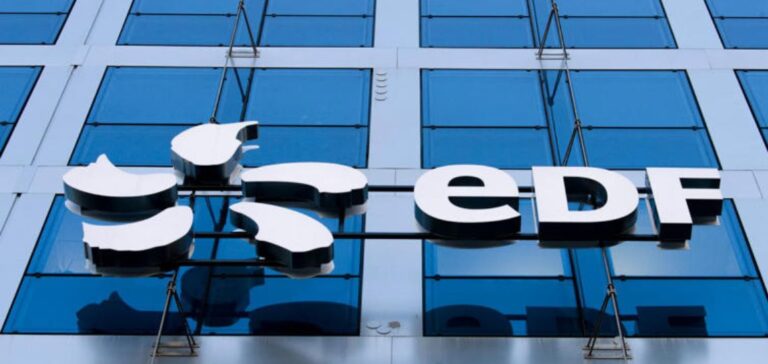Bruno Le Maire, following a meeting withEDF‘s executive committee, announced EDF’s commitment to renegotiate contracts with VSEs, SMEs and ETIs. These contracts had been signed at a time when energy prices were “at their highest”, during the energy crisis. The Minister stressed the importance of this measure for the economic survival of the companies concerned.
Background to the energy crisis
The energy crisis has led to a surge in prices, with contracts signed in 2022 for two or three years. Since then, energy prices have fallen sharply, but companies are still tied to these costly agreements. Criticism of this unfair pricing situation was voiced in particular by the Confédération des commerçants de France, which called for a renegotiation. This request echoes that of other sectors, such as the hotel and catering industry, which had already expressed similar concerns.
Pressure from trade associations
Professional organizations played a key role in bringing the situation to light. The Confédération des commerçants de France was particularly vocal, denouncing prices that were “totally disproportionate”. The Groupement des hôtelleries et restaurations de France (GHR) and the Union des métiers et des industries de l’hôtellerie (UMIH) also took part in the renegotiation request. Their efforts underlined the urgent need to adjust tariffs to current market realities.
EDF and the crisis
In response to this situation, EDF agreed to review the contracts, a decision welcomed by the various stakeholders. The renegotiation is designed to ease the financial burden on SMEs, which face energy tariffs of up to 350 euros per MWh. By contrast, the current market rate is less than 90 euros per MWh. EDF’s initiative comes at a time when the company has posted net profits of 10 billion euros in 2023.
This renegotiation is crucial to the financial health of SMEs. More than half of the professionals surveyed by GHR and UMIH remain committed to contracts at prices well above the current market. For some companies, rates even exceed 350 euros per MWh. The end of the “tariff shield” has also led to a general rise in electricity rates, exacerbating difficulties for small businesses.






















